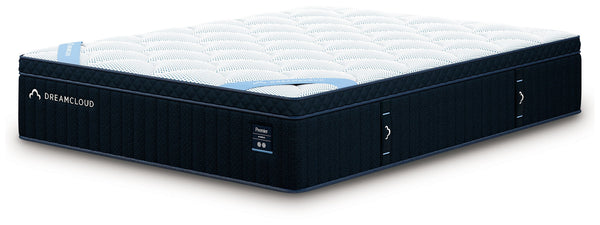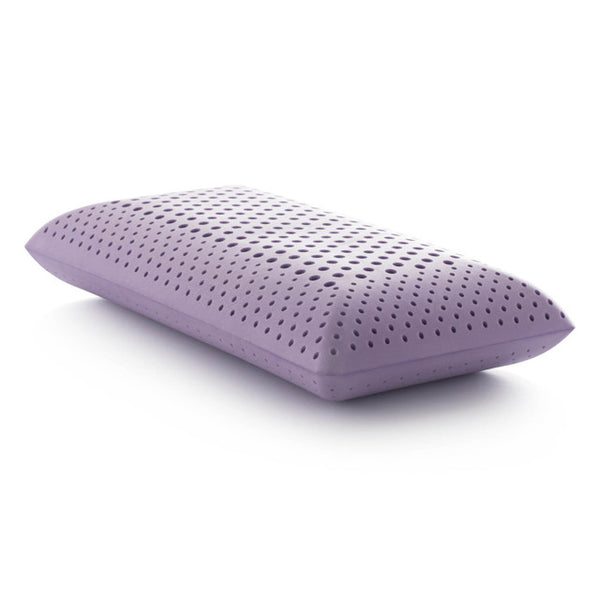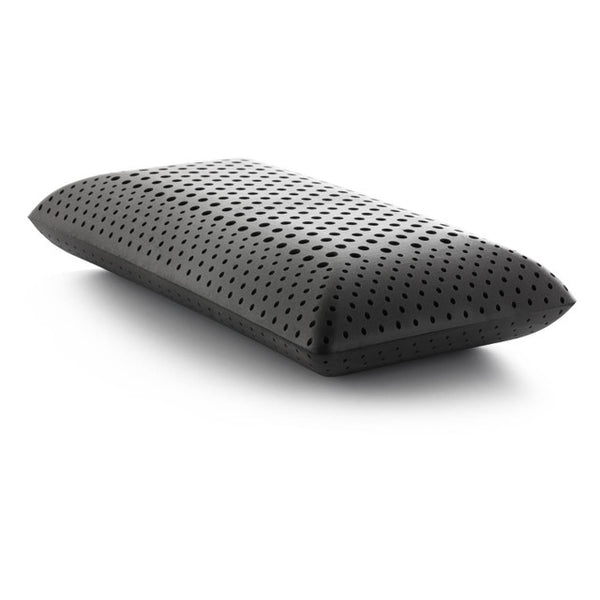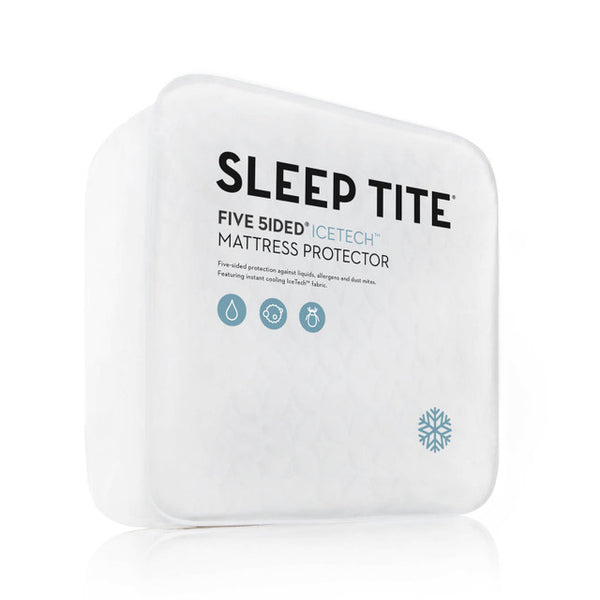
Overview
As seasons change, so do our sleep needs. Adjusting your mattress and sleep environment can significantly improve sleep quality. This guide offers seasonal strategies for winter, spring, summer, and fall, along with tips on mattress materials and essential accessories to maintain comfort year-round. Embrace these changes for better sleep and overall well-being.
Frequently Asked Questions
1. How can seasonal changes affect my sleep?
2. What are some winter sleep strategies?
3. What modifications can I make to my sleep environment in summer?
4. What type of mattress is best for year-round comfort?
5. What smart habits can I adopt for better sleep?
As the seasons change, so do our sleep needs. The temperature fluctuations throughout the year significantly affect our comfort levels, and understanding how to adapt your mattress can lead to a more restful night's sleep. In this guide, we'll explore how to fine-tune your sleep environment for every season, ensuring you wake up refreshed no matter the weather outside. Let's dive into the different strategies you can apply to maintain optimal sleeping conditions throughout the year!
The Importance of a Comfortable Sleep Environment
The quality of your sleep is directly linked to the comfort of your sleep environment. A poorly maintained sleep space can lead to disrupted sleep patterns and decreased overall health. Studies show that temperature can influence how quickly you fall asleep and how restful that sleep is. By adjusting your mattress and bedding according to seasonal changes, you can drastically improve your sleep quality.
Understanding Seasonal Temperature Changes
The four seasons bring about distinct temperature shifts, affecting our bodies and our sleep. Here's a brief overview of what to expect during each season:
- Winter: Cold temperatures and dry air can lead to a stiff mattress and discomfort while sleeping.
- Spring: Increased humidity and fluctuating temperatures can create a damp feel in your sleeping space.
- Summer: High temperatures can lead to overheating during the night, causing restlessness.
- Fall: Cooling temperatures can create the need for additional warmth and cozy bedding.
Winter Sleep Strategies
Winter brings chilly nights that can make it difficult to stay warm while you sleep. Here are some tips to ensure your mattress provides warmth and comfort during those frigid months:
- Layer Up: Consider adding an extra layer of blankets or using a thicker duvet to trap heat.
- Use Warm Bedding: Opt for flannel sheets or thermal blankets that are specifically designed to retain warmth.
- Keep Your Bedroom Cozy: Maintain a comfortable room temperature between 60-67°F, as too much heat can also disrupt sleep.
- Mattress Pads: Consider using heated mattress pads for an extra layer of warmth.
Spring Sleep Strategies
During spring, temperatures can fluctuate widely, meaning your sleep environment might require some flexibility. To accommodate changing weather, consider the following:
- Lightweight Linens: Switch to lighter sheet sets that are breathable and moisture-wicking to combat humidity.
- Avoid Allergens: Regularly clean your mattress and bedding to minimize allergens that can impact sleep quality.
- Adjust Your Mattress Position: If possible, rearrange your mattress to receive more airflow, keeping your sleeping environment fresh.
Summer Sleep Strategies
Hot summer nights can be tough for restful sleep, but with the right mattress adjustments, you can stay cool and comfortable. Here’s what to do:
- Cooling Mattress Toppers: Consider using gel-infused or cooling mattress toppers that promote airflow and dissipate heat.
- Breathable Bedding: Opt for light, breathable materials like cotton or linen that wick moisture away from your body.
- Keep the Room Dark: Use blackout curtains to block out sunlight that can raise room temperatures.
- Fans and Airflow: Use ceiling fans or portable fans to circulate air and keep the temperature pleasant.
Fall Sleep Strategies
As the leaves turn and temperatures fall, preparing your sleep environment becomes essential for cozy nights. To create a comfortable space during fall, consider these strategies:
- Warmer Fabrics: Transition to heavier blankets made from wool or fleece for added warmth.
- Seasonal Décor: Create a cozy ambiance with fall-themed decor that helps to create a warm atmosphere.
- Layered Bedding: Utilize layers of bedding that can easily be removed or added based on your nighttime temperature preferences.
The Role of Your Mattress Material
The composition of your mattress plays a significant role in how well you can adapt to seasonal changes. Different materials have unique properties that affect heat retention and moisture wicking. Here’s how various mattress types respond to temperature changes:
Memory Foam
Memory foam mattresses take on the heat from the body but can trap warmth. Consider adding a cooling mattress protector or topper if you have a memory foam mattress to combat summer heat.
Latex
Latex mattresses tend to be more breathable and provide better temperature regulation. This can make them a favorable option for year-round comfort.
Innerspring
Innerspring mattresses allow for excellent airflow due to their coil structure, which can help keep you cooler in the summer. However, in the winter, you may want to focus on additional layers of warmth.
Hybrid Mattresses
Hybrid mattresses combine layers of foam and innerspring, providing a balance of support and temperature regulation. These can be great all-year-round options if they have the right combination of materials.
Essential Accessories for Seasonal Comfort
Your mattress isn’t the only factor that contributes to your sleep quality; other accessories play crucial roles in adapting to seasonal changes:
Pillows
The type of pillow you choose can also make a difference. For cooler months, opt for denser, warmer pillows, while light, breathable pillows might be preferable in summer. Look for options that offer adjustable loft to customize your comfort level.
Bedding
Your choice of bedding fabric is vital to how well you regulate temperature. Here are some materials to consider:
- Cotton: Light and breathable, perfect for summer months.
- Flannel: Provides warmth and comfort in winter.
- Bamboo: Moisture-wicking and cooling, great for humid spring and summer.
- Satin: Soft and luxurious, can be used to add warmth and a cozy feel during the colder months.
Smart Sleep Habits for All Seasons
Enhancing your sleep environment goes hand in hand with adopting good sleep habits. Here’s a list of smart practices to improve your sleep quality year-round:
- Stick to a Schedule: Try to maintain consistent sleep and wake times, even on weekends.
- Limit Screen Time: Reduce electronic use before bed to minimize disruptions from blue light.
- Practice Relaxation Techniques: Engage in calming activities such as reading or meditation before bedtime to signal your body that it’s time to wind down.
- Stay Active: Regular physical activity can promote better sleep, so find an exercise regimen that works for you.
Wrapping Up Your Sleep Journey
Seasonal adaptations are vital for achieving the best sleep quality. By understanding the importance of temperature control, the various options for enhancing your mattress, and the right accessories to use, you can ensure a comfortable sleep environment throughout the year. Embrace the seasonal changes and take the necessary steps to transform your sleep experience! A well-prepared mattress and improved sleep hygiene can lead to not just better sleep but an overall enhancement in your health and well-being.
Visit one of our fellow Shopify or Wix users' stores by clicking this store link. Please note that this is a promotional link, and we are not responsible for the content of the linked store.









